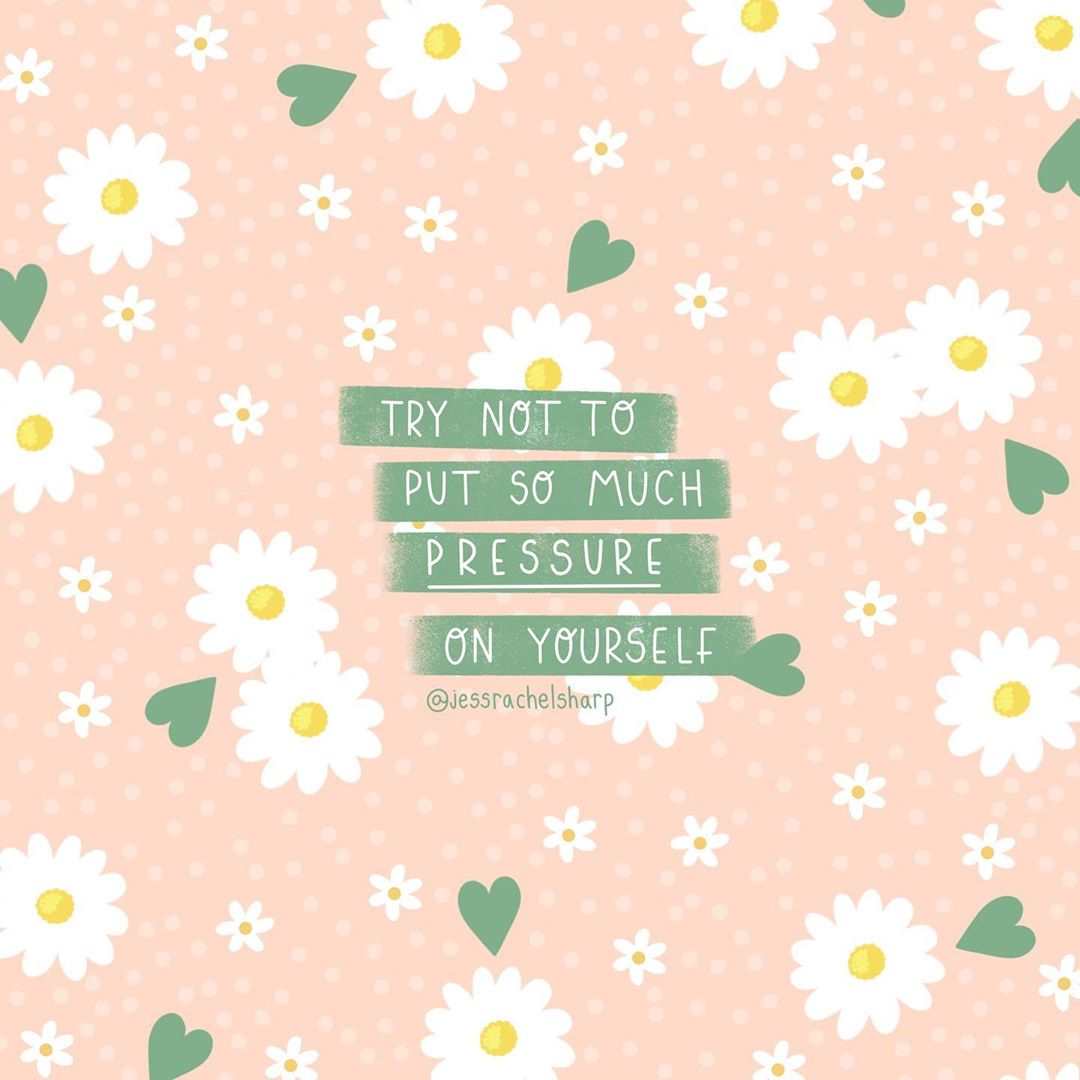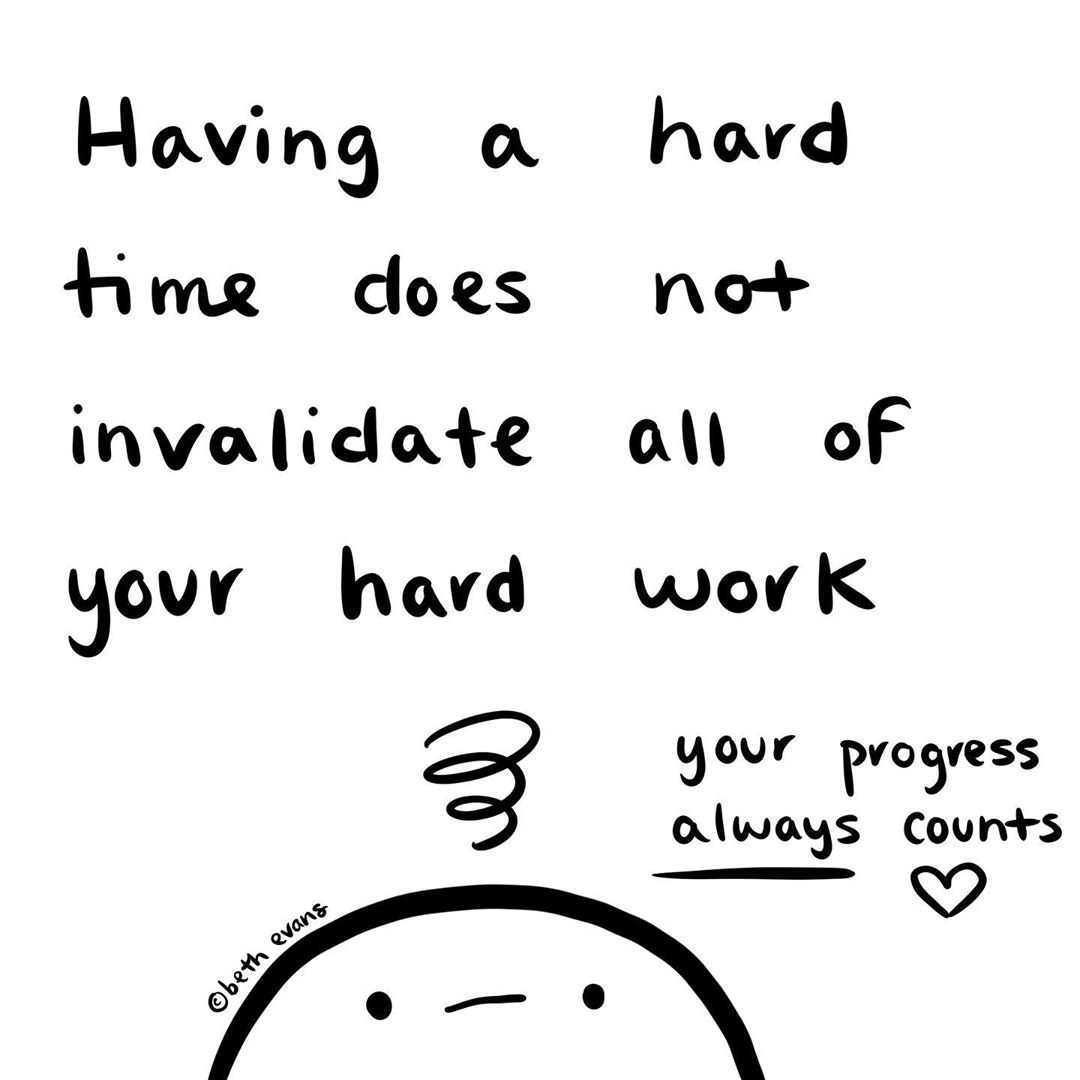What problems at school are worrying you?
Everyone worries about things that happen at school from time to time. Lots of people, like you, will experience something difficult or have to work through a problem during school.
There’s a lot of pressure to get good results, make lots of friends, do well in every subject and be a ‘good student’. These stresses during school can sometimes feel too much. The important thing is to recognise when there’s a problem and ask for help as soon as you can.
Some school problems you might worry about include:
- finding schoolwork difficult, or having problems concentrating in class if others are noisy and disruptive
- exam stress
- tricky relationships with friends and friendship groups
- finding lunchtime difficult, particularly if you have eating problems, anorexia or bulimia
- not getting on with teachers, or feeling like you are labelled as 'trouble'
- bullying


Artwork credit: @stacieswift. Blue, light pink and turquoise flowers sit on a dark green background with some leaves between the flowers. In front of the flower and leaves is a scroll with text that reads: 'you're not failing' with not underlined.
- receiving inappropriate comments from classmates or teachers; when these are of a sexual nature it is known as sexual harassment - look at Childline's website for more information and advice
- problems at home - your parents’ relationship, sibling issues, a housing problem or simply feeling unsupported
- returning to school after having time away to look after your mental or physical health
- going to school with anxiety, depression, OCD or any other mental health condition
- going back to school after being excluded, expelled or suspended
- specific difficulties such as dyslexia, attention deficit hyperactivity disorder (ADHD), dyspraxia, or autism
If you are experiencing any these problems, you might find that it is affecting how you feel both when you’re at school and at home. Remember, you are not alone. There are people who will listen to you and support you through these difficult times.
Please remember that, although school is important, it isn’t worth sacrificing your mental health for. You don’t need to be the best to be good enough.
School during Covid-19
You've been through a lot of changes over the last year, so it's understandable if you're finding school a bit more difficult than usual. But you are not alone and together we will get through this. If you're struggling, try speaking to someone you trust like a parent or teacher.
For information and advice on mental health support during the pandemic, have a look at our Covid-19 and mental health page.
How can problems at school impact my mental health?

Artwork credit: @jessrachelsharp. The background is a light peach with small and large daisies across the background. In front of the background, there is text highlighted in green that reads: 'try not to put so much pressure on yourself'.
If you are struggling with problems at school, you might find everyday tasks like getting ready in the morning or having lunch with your friends becoming more difficult. You might start to feel down or lower in confidence. You might also:
- feel anxious on your way to school, thinking about what might happen that day
- withdraw from sharing your ideas in class or chatting to your friends at lunch
- not feel as confident in yourself or your work
- feel less motivated to do your school work or homework
- get headaches or stomach aches thinking about school
- see your marks drop because you find it very difficult to focus
- get stressed and angry at things that didn’t make you feel this way before
If you are feeling like this, sometimes you might not want to go into school, or even refuse to go in. In extreme cases, some people may truant (not go to school) without their parents knowing.
It’s important to remember you won't always feel this way about school. Things can get better. If any of these problems are affecting your daily life, it’s a good idea to tell someone you trust about how you’re feeling. With the right help and support, you can work through the problems you are having at school.
Yes, school is important. However, your mental health always comes first.
What you can do if you're struggling at school

Artwork credit: @beth_evans. On a white background, the text reads: 'having a hard time does not invalidate all of your hard work, your progress always counts'. Underneath the text is a small face with no expression. Above the face is a little tornado and towards the right of the face is a little love heart.
If you’re worried about anything at school, it’s important to talk to a trusted adult like your class tutor or your parents/carer as soon as possible. They can help you to talk with the school about the problems you are struggling with and how you want support. If your problem is with your teacher or tutor, you can speak to another teacher at your school who you feel comfortable with.
If you’re being bullied at school, you need to tell someone like your teacher or your parents/carer. By telling your teacher what is going on, it will help your school tackle the issue. Your school will often have a set way of helping students. We have lots more information about bullying and how you can get help here.
Try to spend time with people that you feel comfortable talking to. If you are struggling with other students or teachers, spending time with family or friends you might have outside of school can help. They can support you and remind you that people do value you.
If you have specific difficulties such as dyslexia, ADHD, dyspraxia, or autism, you can get support from your school’s Special Educational Needs Coordinator (SENCO). SENCO’s are there to make sure that you get the right support during lessons and can give you extra help.
If you have stopped attending school, an Education Welfare Officer will work with you and your family to support your return to school. An Education Welfare Officer can help make sure you get the support you need going back to school including things like extra funding from the council to help your family pay for school meals.
If you’re worried about anything at school, it’s important to talk to a trusted adult like your class tutor or your parents/carer as soon as possible. They can help you to talk with the school about the problems you are having.
If you are struggling at school because of stress, pressure or a mental health condition, then you might need a little extra support. Try talking to your GP. They can work with you to help understand what support you might need like therapy or counselling.
Check out our guide to speaking to your GP to find out more about how your doctor can help you. However you are feeling about what you’re going through at school, you deserve to get the help and support you need.
Tips from our Activists and bloggers
Our Activists and bloggers share their tips on overcoming problems at school:

Through my school years, I had been put in top sets and given extra work. I was considered a ‘high achiever’ which sounds great… right? But this meant that there was so much pressure for me to do well in all my exams and keep improving, it really was bitter sweet.
To anyone else who is struggling with schoolwork: remember exams are important, but your mental health comes first.
Get help now
Where to get help
Whatever you're going through, you don't have to go through it alone. Here are some services that can support you.
-
Samaritans
Whatever you're going through, you can contact the Samaritans for support.
- Opening times:
- 24/7
-
Childline
If you’re under 19 you can confidentially call, chat online or email about any problem big or small.
Sign up for a free Childline locker (real name or email address not needed) to use their free 1-2-1 counsellor chat and email support service.
Can provide a BSL interpreter if you are deaf or hearing-impaired.
Hosts online message boards where you can share your experiences, have fun and get support from other young people in similar situations.
- Opening times:
- 24/7
-
The Mix
Offers support to anyone under 25 about anything that’s troubling them.
Email support available via their online contact form.
Free 1-2-1 webchat service available.
Free short-term counselling service available.
- Opening times:
- 3pm - 12am, seven days a week
More on looking after yourself
We have more tips, information and advice that can help you get through this.


